Apr 04
Food, Life, and Leisure
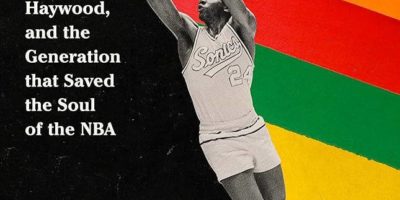
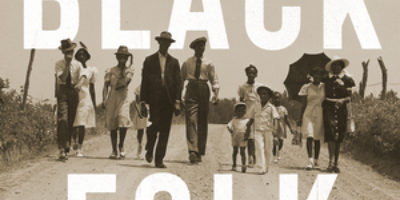
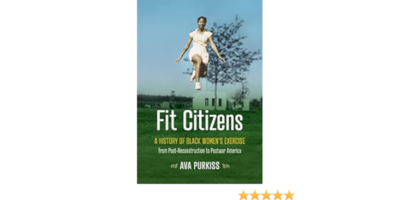
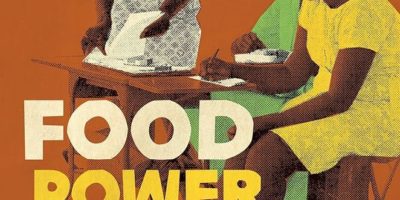
Speakers
-
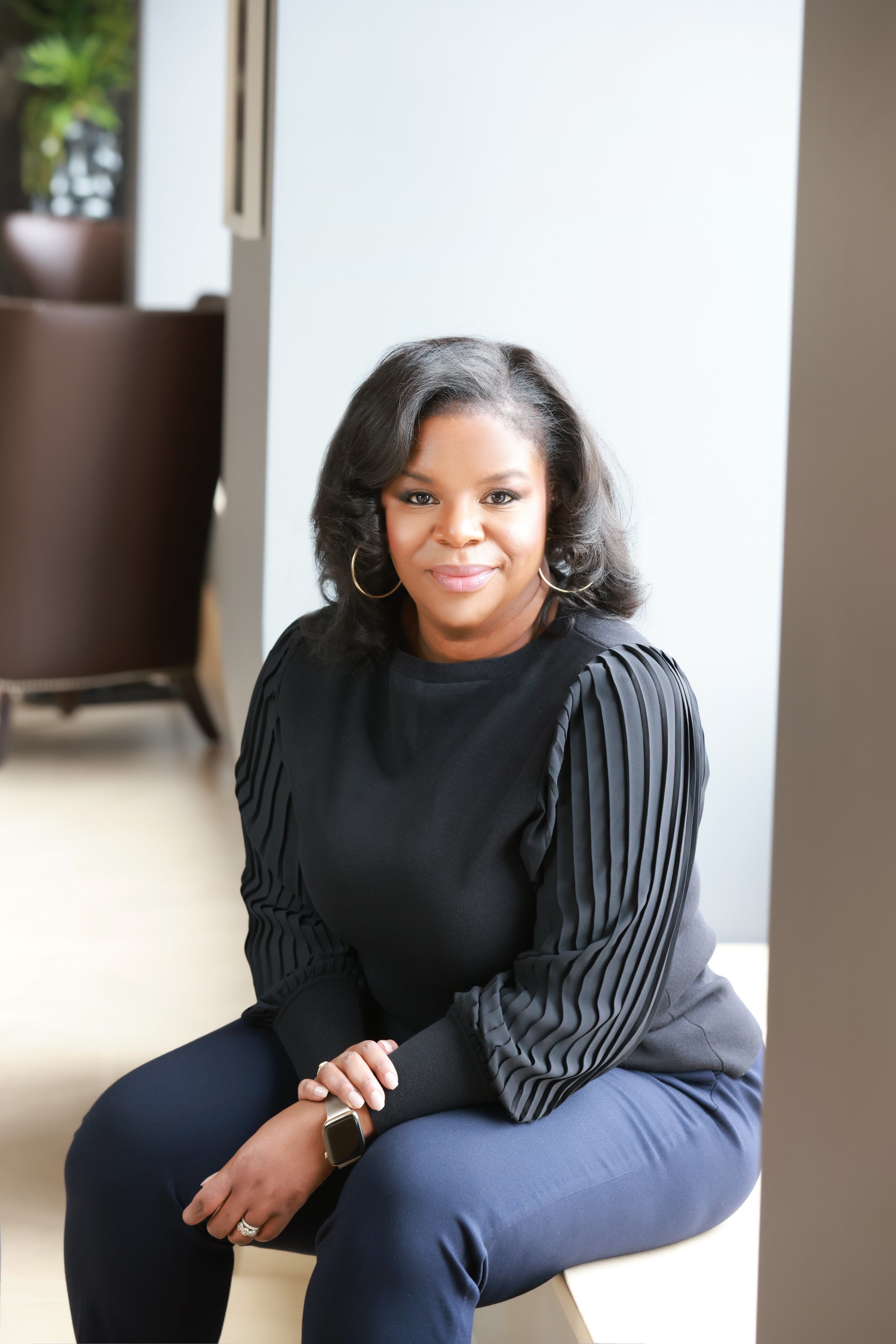
Blair LM Kelley
University of North Carolina
Blair LM Kelley, Ph.D. is an award-winning author, historian, and scholar of the African American experience. A dedicated public historian, Kelley works to amplify the histories of Black people, chronicling the everyday impact of their activism. Kelley is currently the Joel R. Williamson Distinguished Professor of Southern Studies at the University of North Carolina-Chapel Hill and the director of the Center for the Study of the American South, the first Black woman to serve in that role in the center’s thirty-year history.
Kelley is the author of two books that trace the protests that toppled segregation and the people and movements that challenged the inequities of race and class. The first, Right to Ride: Streetcar Boycotts and African American Citizenship (UNC Press), chronicles the little-known Black men and women who protested the passage of laws segregating trains and streetcars at the turn of the twentieth century. Right to Ride highlights the women and men who led and participated in protests, recounting those thousands of Black southerners who fought valiantly for equal treatment despite the tremendous threat of racial violence. The first book-length treatment of the streetcar boycott movement, Right to Ride was awarded the 2010 Letitia Woods Brown Memorial Book Prize from the Association of Black Women Historians, and has become canonical for scholars studying the history of segregation, civil rights, and Black women’s history, reviving scholarly interest in the streetcar boycott movement and turn of the century African American activism.
Kelley’s newest book, Black Folk: The Roots the Black Working Class (Liveright), begins with the question “What does it mean to be Black and working class?” Drawing on family histories and continuing into the archive, Black Folk illuminates the adversities and joys of the Black working class in America in the past and present. Connecting the everyday, lived experience of working black people to wider discussions of the American working class, Black Folk argues that the history of the Black working class provide a crucial model of how we should engage a wider swath of Americans citizens in informed citizenship. Black Folk was awarded a 2020 Creative Nonfiction Grant by the Whiting Foundation, and the 2022-23 John Hope Franklin/NEH Fellowship by National Humanities Center.
Active inside the academy and out, Kelley has produced and hosted her own podcast and has been a guest on CNN Tonight with Don Lemon; MSNBC’s All In and Melissa Harris Perry Show, and Velshi; NPR’s Here and Now, WNYC’s The Takeaway, Democracy Now and WUNC’s The State of Things. She has written for the New York Times, the Washington Post, The Root, The Grio, Ebony, Salon, and Jet Magazine. Highlighted as one of the top-tweeting historians by History News Network, she has been tweeting as @profblmkelley for more than thirteen years and has over 46,000 followers.
Kelley received her B.A. from the University of Virginia in History and African and African American Studies. She earned her M.A. and Ph.D. in History, and graduate certificates in African and African American Studies and Women’s Studies at Duke University. -
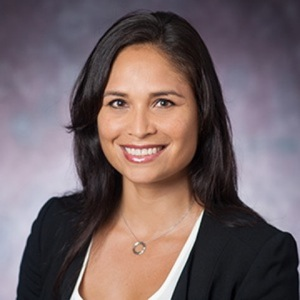
Theresa Runstedtler
American University
Theresa Runstedtler is a scholar of African American history whose research examines Black popular culture, with a particular focus on the intersection of race, masculinity, labor, and sport. Her critically acclaimed book, Black Ball: Kareem Abdul-Jabbar, Spencer Haywood, and the Generation That Saved the Soul of the NBA (Bold Type Books, 2023), examines how African American players transformed the professional hoops game, both on and off the court. She is the author of Jack Johnson, Rebel Sojourner: Boxing in the Shadow of the Global Color Line (UC Press, 2012), an award-winning biography that traces the first African American world heavyweight champion’s legacy as a Black sporting hero and anticolonial icon in places as far-flung as Sydney, London, Cape Town, Manila, Paris, Havana, and Mexico City. Dr. Runstedtler has also published scholarly articles in the Radical History Review, the Journal of World History, American Studies, the Journal of American Ethnic History, the Journal of Sport and Social Issues, the Journal of Women’s History, and the Journal of African American History, and book chapters in City/Game: Basketball in New York, Escape from New York: The New Negro Renaissance Beyond Harlem, and In the Game: Race, Identity, and Sports in the Twentieth Century. She has written for Time.com and the LA Review of Books, and shared her expertise on the History Channel, Al Jazeera America, Vox.com, NPR, and international radio outlets including the BBC and CBC.
Dr. Runstedtler was the inaugural the Chair of Critical Race, Gender and Culture Studies, from 2015-2018. In 2018-2019, she was a Visiting Faculty Fellow in the Inclusion Imperative Program at the University of Maryland, Baltimore County’s Dresher Center for the Humanities. And she won an NEH Public Scholar fellowship to work on Black Ball in 2019-2020.
Prof. Runstedtler offers courses on race and popular culture and African American history. She has taught at the University at Buffalo (SUNY) and at the University of Pennsylvania. Before returning to school to earn a PhD in History and African American studies at Yale University, Dr. Runstedtler started out as a professional dancer/actress and then worked in public relations for a national sports network in Toronto, Canada. -
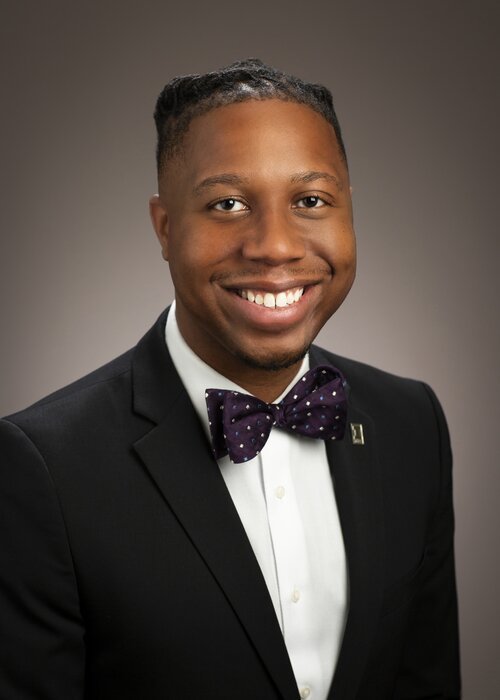
Bobby J. Smith II
University of Illinois
Dr. Bobby J. Smith II is an interdisciplinary scholar of the African American agricultural and food experience. Trained as a sociologist, with a background in agricultural economics, Dr. Smith is an Assistant Professor in the Department of African American Studies at the University of Illinois at Urbana-Champaign, with affiliations in the Department of Food Science & Human Nutrition and the Center for Social & Behavioral Science. His research program and teaching agenda cultivates an intellectual sphere and public space to interpret how Black people build agricultural and food systems amid inequalities that orbit the Black world. At the same time, Dr. Smith’s research and teaching illuminates how the building of agricultural and food systems by Black people reconfigures pre-existing conceptualizations of agriculture and food.
Dr. Smith is the author of Food Power Politics: The Food Story of the Mississippi Civil Rights Movement (University of North Carolina (UNC) Press, 2023). Food Power Politics is the inaugural book of the newly launched Black Food Justice Series at UNC Press. Thinking with multiple disciplines including African American Studies, critical food studies, and agricultural science, Food Power Politics brings into focus how food was used as a weapon against African Americans during the civil rights movement in Mississippi, and how they fought back, creating their own food programs and systems. Interfacing archival data, in-depth interviews, and oral histories, Food Power Politics illuminates how the food dynamics of the Mississippi civil rights movement provide a pathway for understanding how Black youth today—in Mississippi and beyond—are building food justice movements, grappling with inequalities that attempt to shape their lives. Dr. Smith’s other writings appear in respected academic journals including Food, Culture, & Society, the premier journal in food studies, Agriculture and Human Values, a top journal for agricultural research in the social sciences, and Agricultural History, the journal of record among agricultural historians.
Dr. Smith earned a B.S. degree (summa cum laude) in Agriculture, with a focus on Agricultural Economics, from Prairie View A&M University in 2011. He earned a M.S. degree in Agricultural and Applied Economics in 2013 and a Ph.D. in Development Sociology in 2018 from Cornell University. Dr. Smith been awarded fellowships from the American Council of Learned Societies (ACLS), National Endowment for the Humanities (NEH), Center for the Study of Southern Culture at the University of Mississippi, Special Collections and University Archives at the University of Illinois at Chicago, and the Medgar and Myrlie Evers Institute in partnership with the Mississippi Department of Archives and History, among others. Deeply committed to public engagement, Dr. Smith was awarded the 2022-2023 Outstanding Service, Community Engagement, and Outreach Award in the Department of African American Studies.
-
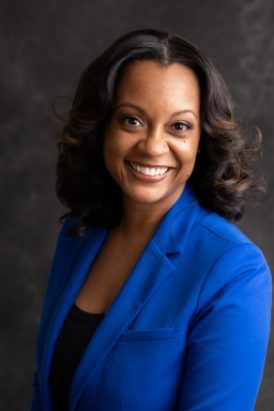
Ava Purkiss
University of Michigan
Ava Purkiss’ research and teaching interests lie at the intersection of race, gender, health, and the body. Her book, Fit Citizens: A History of Black Women’s Exercise from Post-Reconstruction to Postwar America (University of North Carolina Press, 2023), explores how African American women used physical exercise to express both literal and figurative fitness for citizenship. Her work places Black women squarely within the history of American fitness culture and challenges assumptions about Black women’s mobility, physicality, and corporality. Purkiss is at work on a second research project on race and gynecology in the twentieth century.
Purkiss earned her Ph.D. in history from the University of Texas at Austin and has received fellowships and grants from the National Endowment for the Humanities, the American Council of Learned Societies, the Carter G. Woodson Institute for African-American and African Studies at the University of Virginia, the American Association of University Women, and the Institute for the Humanities at the University of Michigan. She is the recipient of the 2017 Organization of American Historians Lerner-Scott Prize for best dissertation in U.S. women’s history and the 2018 Letitia Woods Brown prize for best article in African American women’s history from the Association of Black Women Historians.